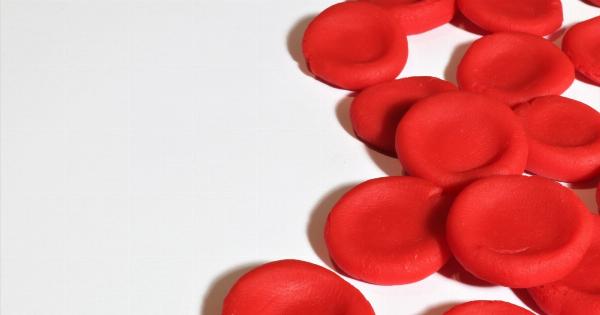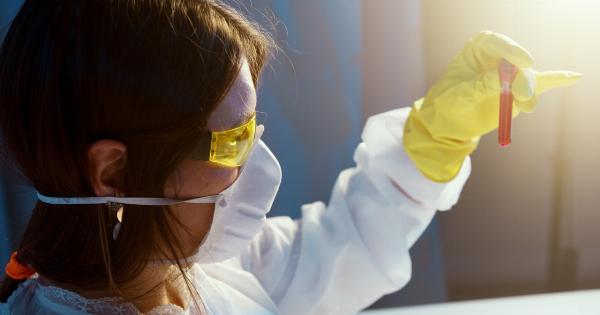Blood donation might not sound like something you’d expect to do on a daily basis, but it’s one of the most selfless things you can do for your community. Blood donations are vital for emergency situations, surgeries and chronic illnesses.
By donating blood, you’re saving lives and making a difference in your community.
Who Can Donate Blood?
Most people can donate blood if they meet the requirements set by their local blood bank or donation center. Some of the common requirements include:.
- Being at least 17 years of age (16 with parental consent)
- Weighing at least 110 pounds
- Having a valid ID
- Feeling healthy and not sick with a cold or flu
- Having a hemoglobin level of at least 12.5 g/dL
Other requirements may apply depending on the blood bank or donation center.
The Donation Process
The blood donation process is both simple and convenient. It usually takes less than an hour to complete from start to finish. The process consists of:.
- Filling out a donor registration form and answering a few questions about your health and travel history
- Having your blood pressure, temperature, pulse, and hemoglobin level checked
- Donating a unit (pint) of blood, which takes about 10-15 minutes
- Receiving a snack and drink as a thank you for donating blood
After donating blood, it’s important to rest and avoid heavy lifting or vigorous exercise for a few hours. You should also stay hydrated and eat iron-rich foods to help replenish your body’s blood supply.
The Benefits of Donating Blood
Donating blood has many benefits for both the recipient and the donor. Some of the benefits include:.
- Saving lives
- Reducing the risk of heart disease and stroke for donors
- Reducing the risk of certain types of cancer for donors
- Receiving a free mini physical and blood screening
Donating blood can also give you a sense of satisfaction and pride knowing that you’re making a positive impact in your community.
Blood Types
Blood types are another important aspect of blood donation. While all blood is made up of the same basic components, there are eight different blood types determined by the presence or absence of certain antigens and antibodies.
The eight blood types and their compatibility with each other are:.
- O negative: universal blood donor, can donate to any blood type, but can only receive O negative blood
- O positive: can donate to any positive blood type, but can only receive O positive or O negative blood
- A negative: can donate to A negative and AB negative blood types, but can only receive blood from A negative or O negative blood types
- A positive: can donate to A positive and AB positive blood types, but can receive blood from A positive, A negative, O positive, or O negative blood types
- B negative: can donate to B negative and AB negative blood types, but can only receive blood from B negative or O negative blood types
- B positive: can donate to B positive and AB positive blood types, but can receive blood from B positive, B negative, O positive, or O negative blood types
- AB negative: universal plasma donor, can donate to any blood type, but can only receive AB negative blood
- AB positive: universal plasma and platelet donor, can donate to any blood type, but can only receive AB positive blood
Knowing your blood type can be helpful in emergency situations, as well as for donating blood and receiving blood transfusions.
Where to Donate Blood
There are many places to donate blood, including:.
- Hospitals
- Blood banks
- Donation centers
- Mobile blood drives
You can search for blood donation centers and blood drives in your area online or through your local phone book. Many blood donation centers also offer scheduling options online for your convenience.
The Importance of Regular Blood Donations
Donating blood is a simple and easy way to save lives and make a difference in your community. It’s important to donate regularly, as blood donations are always in demand.
By donating blood, you could be helping someone in your community, including:.
- Cancer patients undergoing chemotherapy
- Surgical patients
- Car accident victims
- People with chronic illnesses
- Women who experience complications during pregnancy or childbirth
Donating blood is a heroic act that doesn’t cost a thing. It’s a selfless and rewarding way to give back to your community and make a positive impact on the lives of others.





























